
Research for research
the vision of Marc Abrahams and Chris McManus
by Jacopo Dionisi, Alex Mattiussi e Angelica Mosconi
English translation made by Gloria Antonini
A conversation with Marc Abrahams, creator of the Ig Nobel Prizes, and Chris McManus, 2002 Ig Nobel Prize winner.
We began with a straightforward question: What does scientific truth mean for Marc Abrahams and Chris McManus? How do you define “truth” in the context of science?
Abrahams: That’s a challenging question! In science, truth isn’t just a matter of guessing. Rather, it involves starting with an idea, an intuition, or a hypothesis and then doing everything possible to verify if that belief is right or wrong.
McManus: I’d add that scientific truth is closely tied to recognizing errors. When we test a theory that doesn’t work, we acknowledge the mistake and adjust the theory to better align with our observations of reality.
Can this approach be applied outside of science? How do you reconcile science with politics?
McManus: Politics often operates oppositely. Some politicians, even when they know the truth, will refuse to change their position, defending it to the bitter end, even when it’s clear that things aren’t working. In contrast, scientists constantly refine their understanding in response to new evidence, as philosopher Karl Popper pointed out many years ago.
Abrahams: I agree. The concept of “laws” in science and law is very different. For science, when a law fails to explain reality, we revise it. Reality is what matters most. In politics or the legal system, it’s often the opposite—people try to reshape reality to fit their laws.
How does the broader context impact the quality of scientific research?
McManus: My medical background taught me that context is always important. The symptoms a patient presents with vary depending on many factors and understanding these contextual clues helps us uncover deeper similarities and patterns. It’s especially challenging because you can’t compare every patient worldwide. You have to generalize based on core principles, but sometimes you find that the same disease behaves differently in certain cases, or that a treatment works for one patient but not another. Medical research, particularly for complex diseases, requires huge amounts of money because it demands studying thousands of cases over long periods. By comparison, much basic research is far more affordable, and all you need is careful observation and listening.
Abrahams: While some scientific research can be expensive, it is always a worthwhile investment. Without research, people might continue making costly mistakes that are difficult to correct later. In that sense, every dollar spent on research is money well spent. Of course, it doesn’t mean spending recklessly—investment must be strategic. But in the long run, scientific research may be the most cost-effective thing humanity has ever invented.
McManus: Ignorance is cheap, but errors are costly. You can only avoid mistakes through knowledge, and acquiring knowledge comes at a price.
Abrahams: And unfortunately, ignorance can sometimes be entertaining—at least for a little while.
Where do the Ig Nobel Prizes fit into this? How does the context in which research is conducted vary?
Abrahams: The Ig Nobels highlight the absurdity of how science is often taught. We tend to glorify historical breakthroughs as the work of lone geniuses, instantly recognized and celebrated. But in reality, that’s rarely how it happens. When someone makes a discovery and presents their findings, the initial reaction is often scepticism or dismissal. This dynamic is valuable, as it sparks curiosity. When we perpetuate the myth of the solitary genius, we alienate people from scientific inquiry and instead empower demagogues like Mussolini or Trump. Science is far more nuanced, and it should encourage questioning and reflection.
How important is the question you’re trying to answer in your research?
Abrahams: The question’s significance may vary, but the research itself ultimately determines its true importance. Obsessing over the right answer isn’t the point.
McManus: Too much of science education focuses solely on facts. But what matters is asking why things happen. Why does this occur? It’s not just about knowing what happens but understanding how and why.
What advice would you give to young scientists?
Abrahams & McManus: Don’t let others impose their ideas on you. Keep questioning and asking why.
Marc Abrahams mathematician and Founder of the Ig Nobel Prize Ceremony
Chris McManus Professor Emeritus of Psychology and Medical Education, University College London
Jacopo Dionisi, Alex Mattiussi, and Angelica Mosconi students* of the La Scienza nella Pratica Giornalistica Master’s degree course, Sapienza, https://web.uniroma1.it/mastersgp/




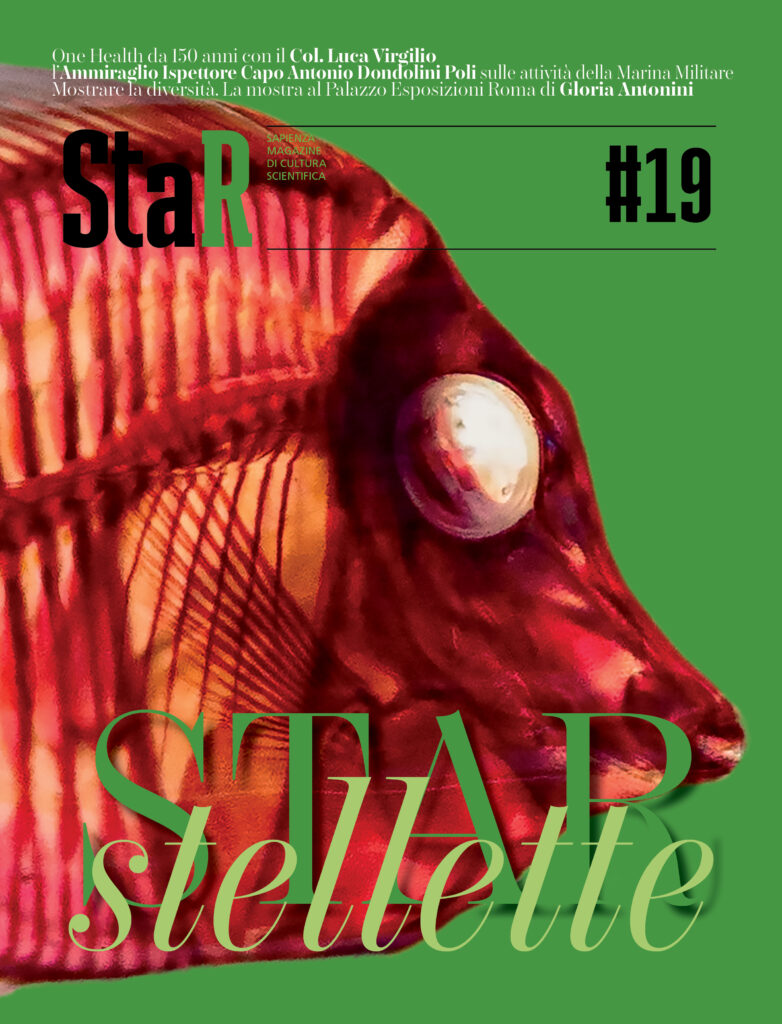





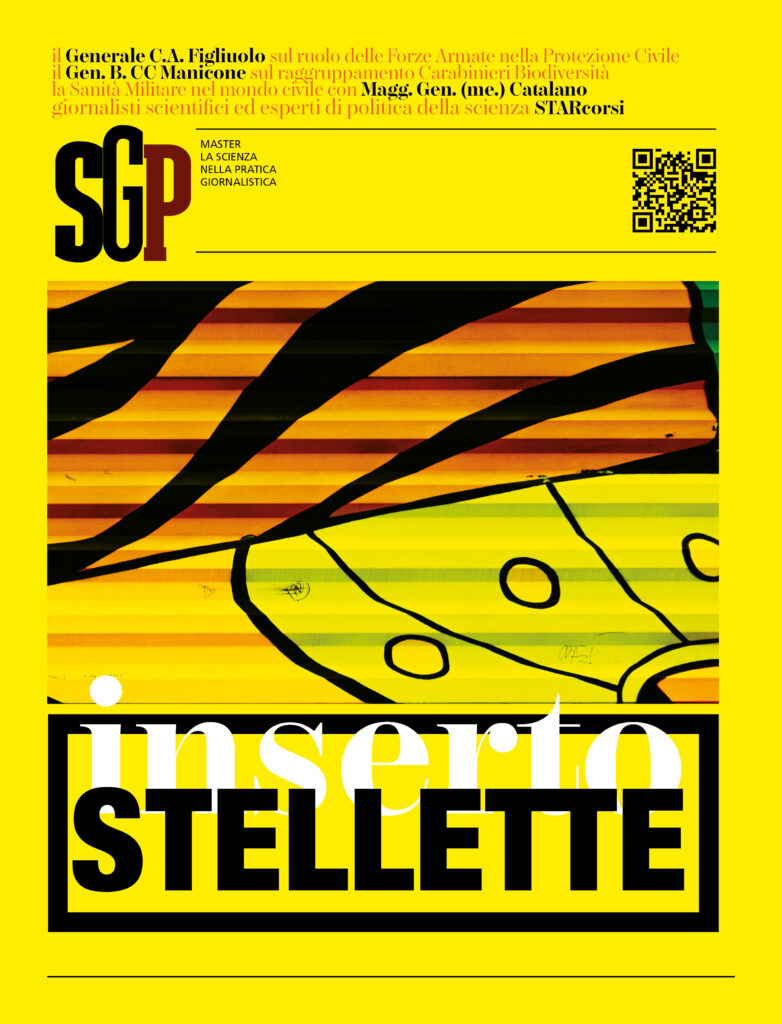

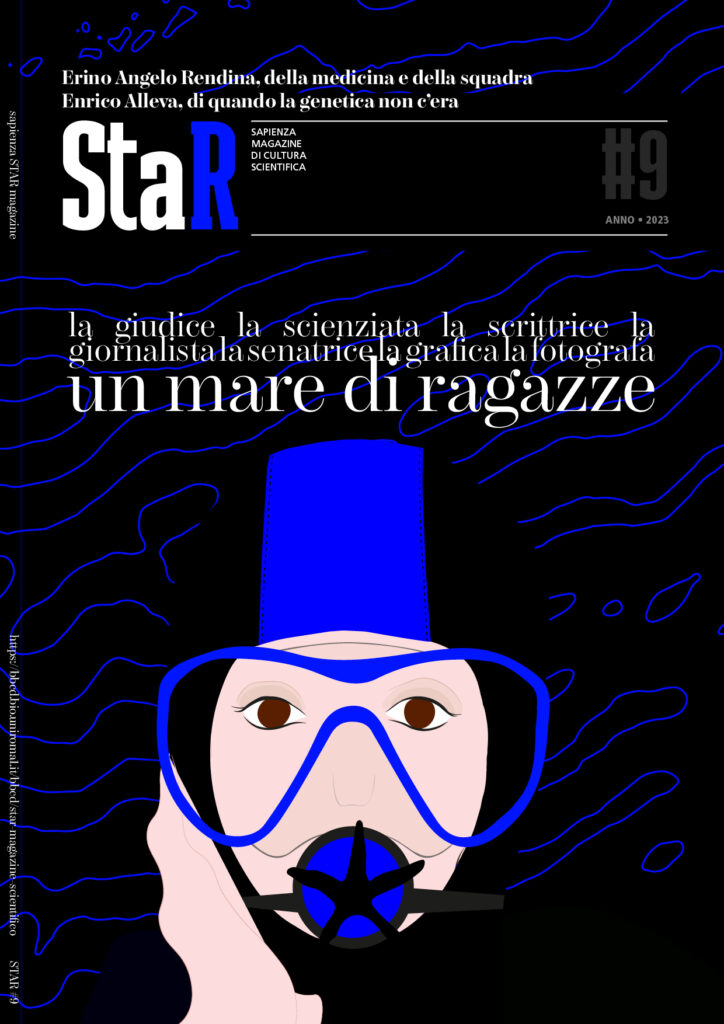
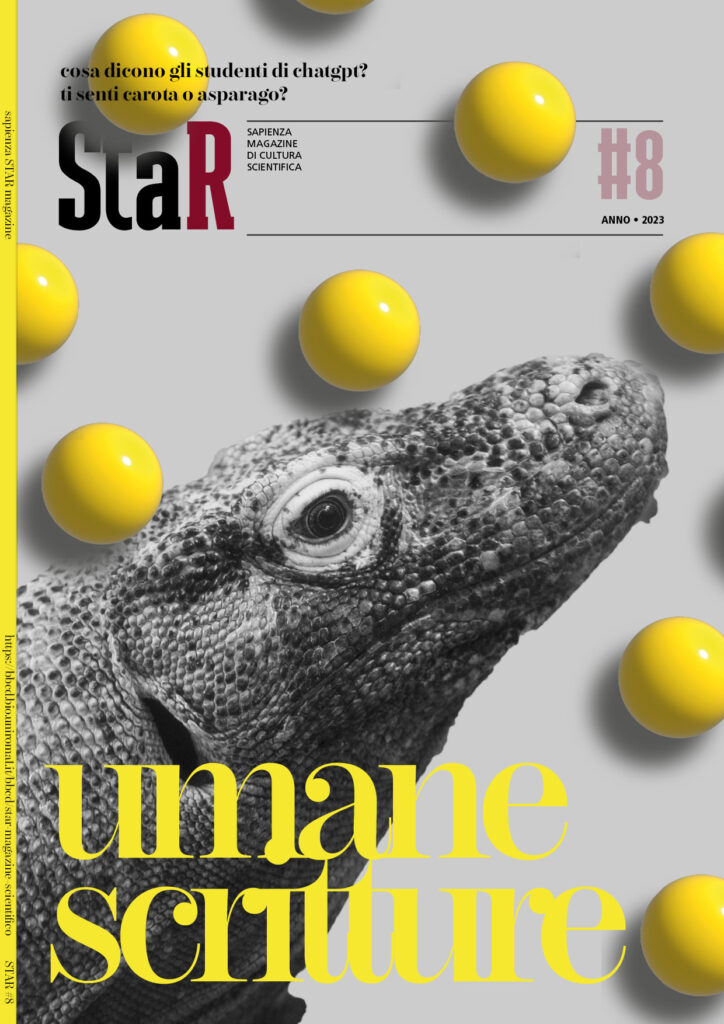
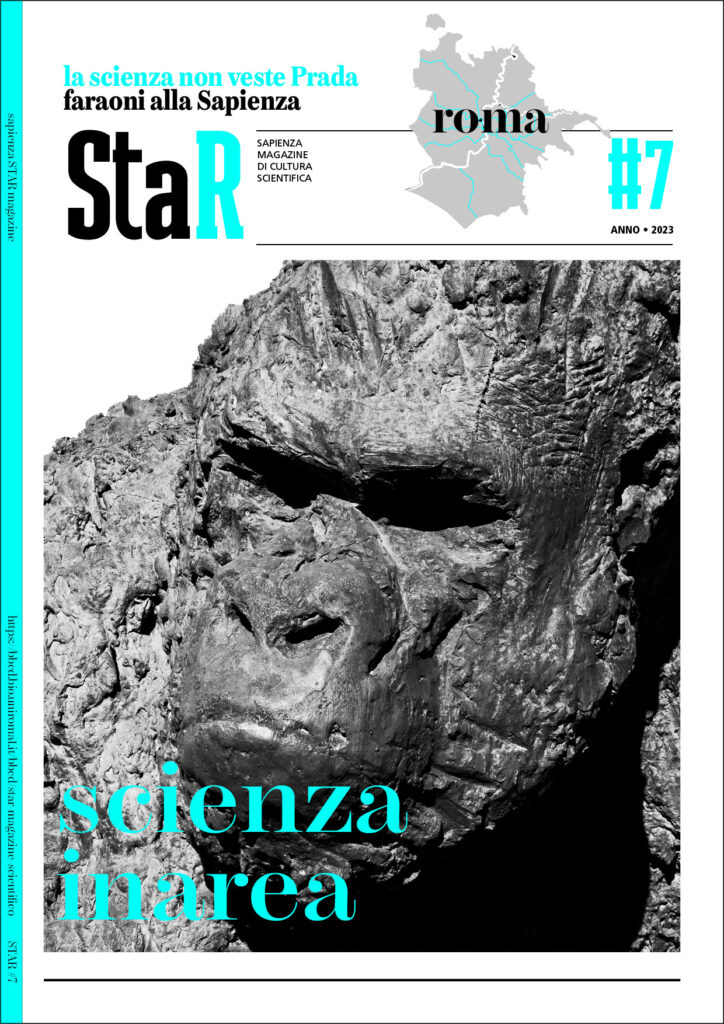

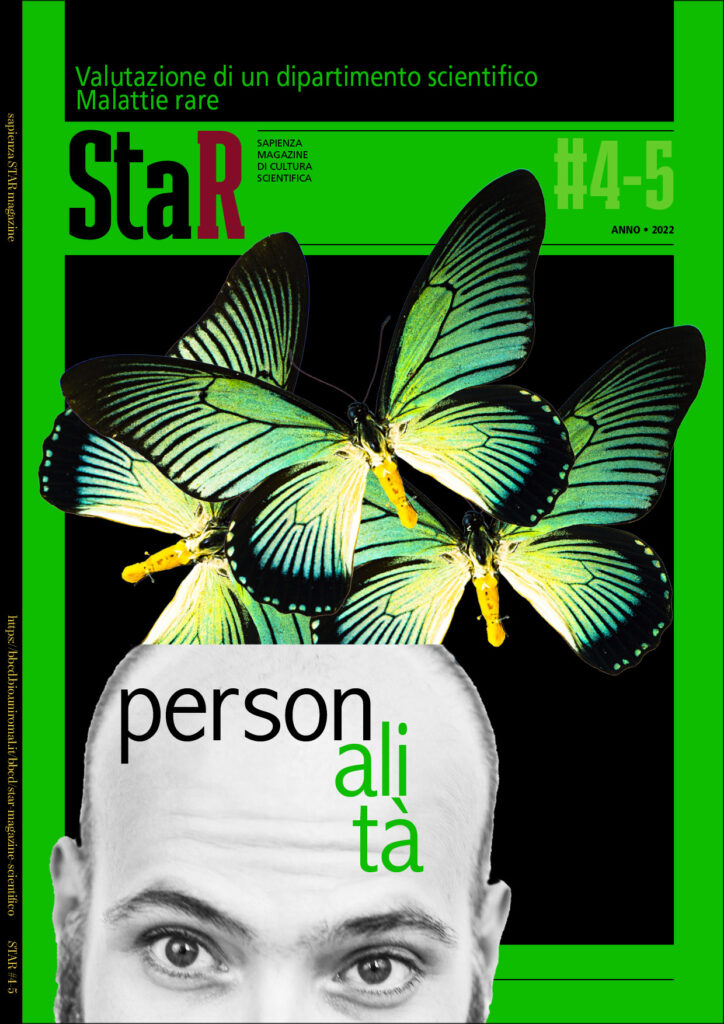

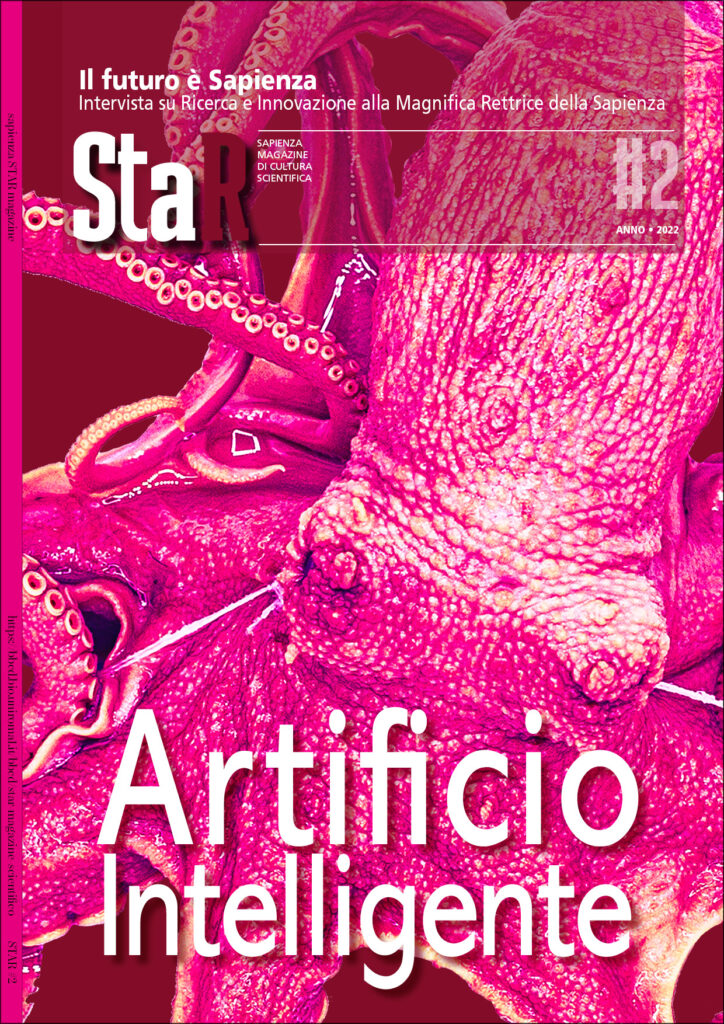

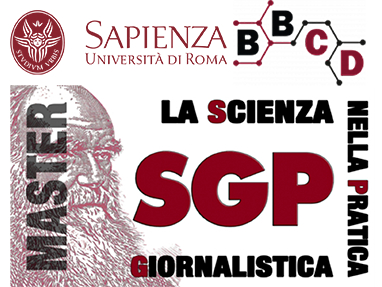
Commenti recenti